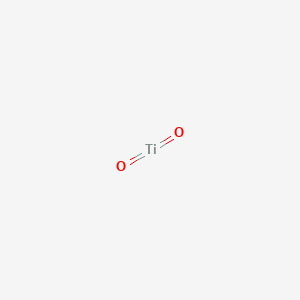[2] Wikipedia, the free encyclopedia, http://en.wikipedia.org.

Titanium Oxide等防曬成分,請標明<波長範圍>,謝謝~~
如果洗面皂有加這項成分要卸妝嗎?
安全,因為滲不進皮膚,即便滲入也不發生刺激或化學反應 (取自張麗卿 博客分享)
如果是一般的二氧化钛是相对安全的物理防晒剂成分,如果是纳米二氧化钛的话,分子量小,会渗入皮肤,造成一定的危害。
它跟氧化鋅一樣都不會被皮膚吸收
致癌
tseng_hua
酸化チタン 中的日文漢字『酸化』翻譯成中文就是『氧化』的意思喔。
所以酸化チタン就是指氧化鈦。完整寫法應該是『二酸化チタン(英文: titanium dioxide)』、『単に酸化チタン(英文: titanium oxide)』。
例如中文的『氧氣』寫成日文漢字就是『酸素』喔。
kathychen0913
Titanium Oxide等防曬成分ˇ的<波長範圍>:
<img border="0" src="https://i1.read01.com/uploads/0DWF3dTR4f.jpg" >
樓上不要貼出內容農場的連結
Dior粉漾潤唇膏有的話,需要卸妝嗎?
Fast facts
Approved in: United States, Australia, Europe, Japan
Banned in: None
Best for: Sun damage prevention
Coral safe? Detectable levels but no harm found
Caution: Formulas may leave white cast on darker skin, and ingredient may be carcinogenic in powder form
Found in physical sunscreens
There are two sunscreen ingredients generally recognized as safe and effective, or GRASE, by the FDA, and both are physical sunscreen ingredients. (Note: the GRASE label also means that the FDA won’t be monitoringTrusted Source products with these ingredients.)
The first one, titanium dioxide, serves as a broad-spectrum UV filter (although it doesn’t block long UVA1 rays).
The FDA approves titanium dioxide for use in children older than 6 monthsTrusted Source, and research shows it’s generally safer than other sunscreens via skin exposure.
However, researchers also write that power and spray forms should be avoided as it may be hazardous. A 2011 reviewTrusted Source notes that titanium oxide nanoparticles through oral exposure are classified as “possibly carcinogenic to humans,” meaning only animal studies have been conducted.
Keep in mind this ingredient isn’t limited to sunscreen. It can also be found in SPF makeup, pressed powders, lotions, and whitening products.
https://www.healthline.com/health/beauty-skin-care/best-sunscreen-ingredients#titanium-dioxide
CI 77891 titanium dioxide is vegan, halal, non-toxic, and overall safe to be used in cosmetics. Its particles are large enough to not penetrate healthy skin and pose any dangers. However, CI 77891 is dangerous if inhaled and has shown an increased risk of lung cancer in animals. Therefore, this ingredient should be avoided in spray-on products.
